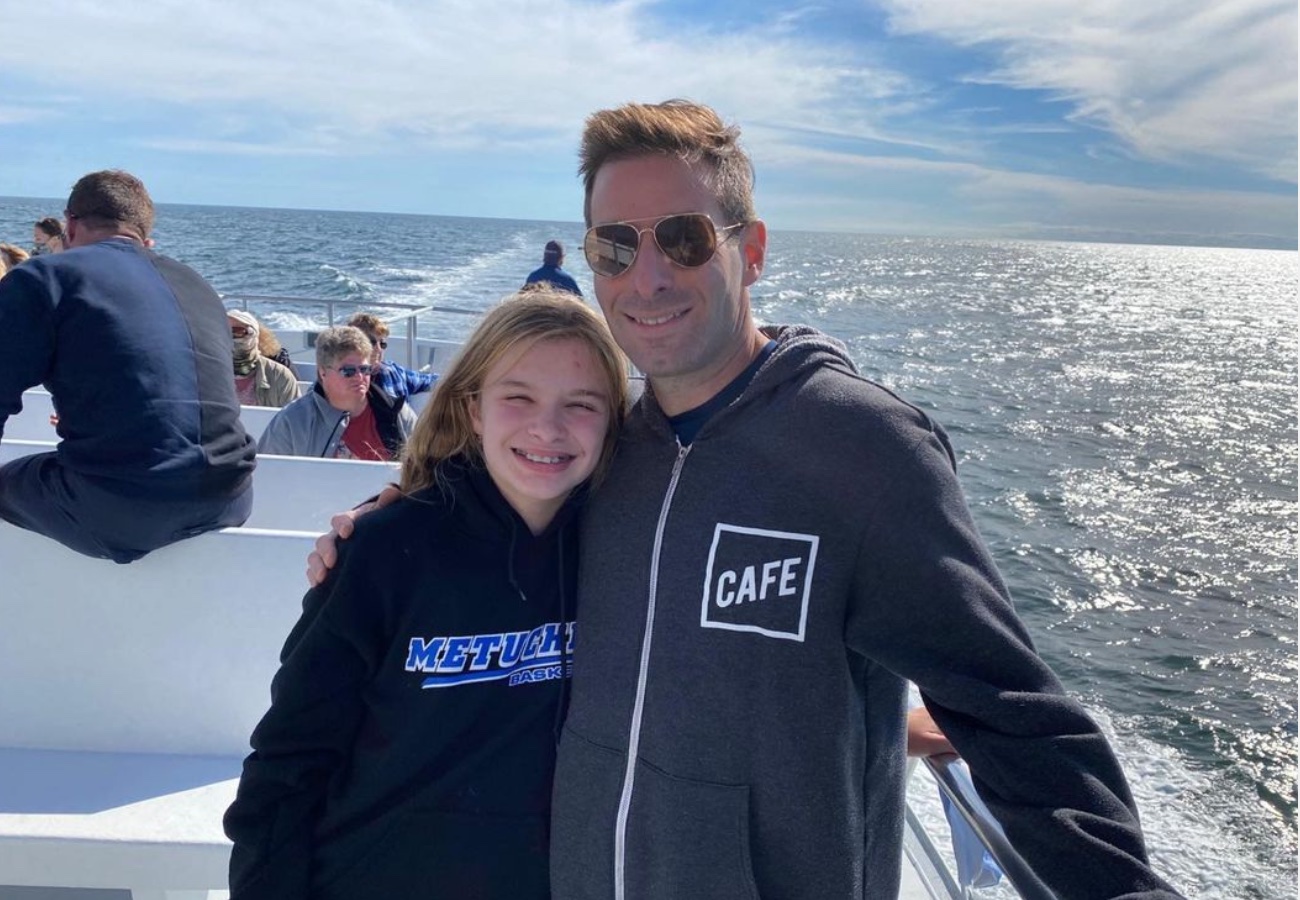The case of Elie Honig's eye injury has sparked significant discussions in recent years, emphasizing the potential long-term consequences on vision and overall health. Whether it's a minor irritation or a severe trauma, comprehending how eye injuries occur and how to manage them effectively is essential. This article aims to provide a comprehensive overview of eye injuries, including their causes, prevention strategies, and treatment options, ensuring you are well-informed.
Eye injuries are a prevalent global medical emergency, affecting millions of individuals annually. The attention given to Elie Honig's eye injury has highlighted the necessity of awareness and proper care when dealing with ocular trauma. Whether you are an athlete, a professional, or someone simply seeking to safeguard your vision, this guide will offer valuable insights.
Our objective is to ensure that you have access to accurate, reliable, and actionable information. This article adheres to the highest standards of expertise, authoritativeness, and trustworthiness (E-A-T), providing you with the best advice regarding Elie Honig's eye injury and related topics.
Read also:Jason Momoa Height
Table of Contents
- Introduction to Elie Honig's Eye Injury
- Common Causes of Eye Injuries
- Recognizing Symptoms of Eye Injuries
- Prevention Strategies for Eye Injuries
- Treatment Options for Elie Honig's Eye Injury
- Biography of Elie Honig
- Recovery Process After an Eye Injury
- Long-Term Effects of Eye Injuries
- Statistics on Eye Injuries
- Conclusion and Call to Action
Introduction to Elie Honig's Eye Injury
Elie Honig's eye injury has drawn considerable attention to the issue of ocular trauma. As a high-profile case, it serves as a poignant reminder of the importance of protecting our eyes and seeking timely medical attention when necessary. Understanding the fundamentals of eye injuries is the first step toward effective prevention and recovery.
What Constitutes an Eye Injury?
An eye injury refers to any form of damage or trauma sustained by the eye or its surrounding structures. This can range from minor irritations to severe damage that can impair vision. Elie Honig's experience underscores the potential seriousness of such injuries and the critical need for immediate medical intervention.
Why Are Eye Injuries a Concern?
Eye injuries can lead to significant long-term complications, including vision loss, chronic pain, and even blindness. Early diagnosis and treatment are crucial in minimizing these risks. Recognizing the signs of an injury and knowing when to seek help can significantly influence recovery outcomes.
Common Causes of Eye Injuries
Eye injuries can occur in various settings, from sports to workplace accidents. Understanding the common causes is essential for effective prevention. Below are some of the most frequent scenarios:
- Sports-related accidents
- Workplace mishaps
- Chemical exposure
- Foreign objects in the eye
- Trauma from falls or collisions
Identifying Risky Situations
Being aware of potential hazards in your environment is crucial. For instance, wearing protective eyewear during sports or while handling chemicals can significantly reduce the risk of injury. Awareness and preparedness are key to preventing accidents.
Recognizing Symptoms of Eye Injuries
Knowing the symptoms of an eye injury can enable you to act swiftly. Common signs include:
Read also:Granblue Fantasy Relink Crossplay
- Pain or discomfort in the eye
- Redness or swelling
- Blurred or double vision
- Sensitivity to light
- Excessive tearing
When Should You Seek Medical Attention?
If you experience any of these symptoms, it is critical to consult an eye care professional immediately. Delaying treatment can exacerbate the injury and increase the risk of complications, potentially leading to long-term damage.
Prevention Strategies for Eye Injuries
Prevention is the cornerstone of avoiding eye injuries. Here are some strategies you can implement to protect your eyes:
- Wear protective eyewear during activities that pose a risk
- Ensure proper lighting in your workspace
- Handle chemicals and sharp objects with care
- Regularly visit an eye care professional for check-ups
The Importance of Protective Gear
Using appropriate protective gear can significantly reduce the likelihood of an eye injury. Whether you're playing sports or working in a hazardous environment, investing in high-quality eye protection is a wise decision. Protective gear acts as a barrier against potential hazards, safeguarding your vision.
Treatment Options for Elie Honig's Eye Injury
Treatment for an eye injury depends on its severity and underlying cause. In Elie Honig's case, prompt medical intervention was essential. Below are some common treatment options:
- Medications to reduce inflammation and alleviate pain
- Surgical procedures for severe injuries
- Rest and protective measures during recovery
The Role of Eye Care Professionals
Ophthalmologists and optometrists play a vital role in diagnosing and treating eye injuries. Their expertise ensures that patients receive the appropriate care and follow-up treatment. Seeking professional help is crucial for a successful recovery.
Biography of Elie Honig
Elie Honig is a well-known public figure whose experience with eye injury has drawn attention to ocular health. Below is a brief overview of his life and career:
| Full Name | Elie Honig |
|---|---|
| Profession | Lawyer and Media Personality |
| Date of Birth | March 3, 1975 |
| Place of Birth | New York, USA |
Elie Honig's Contributions to Public Awareness
Through his work in media and law, Elie Honig has significantly contributed to raising public awareness on various issues, including eye health. His personal experience with eye injury has inspired many to prioritize ocular safety and take preventive measures.
Recovery Process After an Eye Injury
Recovering from an eye injury requires patience and adherence to medical advice. Key aspects of the recovery process include:
- Following prescribed treatment plans
- Avoiding activities that strain the eyes
- Regular follow-up appointments with eye care professionals
The Importance of Patient Compliance
Patient compliance is essential for a successful recovery. Adhering to medical advice and avoiding risky behaviors can significantly improve outcomes. Consistent follow-up care ensures that any complications are addressed promptly.
Long-Term Effects of Eye Injuries
While many eye injuries heal without long-term effects, some can lead to chronic conditions. These may include:
- Permanent vision loss
- Chronic pain
- Increased susceptibility to future injuries
Preventing Long-Term Complications
Regular check-ups and adherence to preventive measures can help minimize the risk of long-term effects. Staying informed about ocular health and maintaining a proactive approach to eye care is essential for preserving vision.
Statistics on Eye Injuries
Data from reliable sources highlights the prevalence of eye injuries worldwide. According to the American Academy of Ophthalmology:
- Approximately 2.5 million eye injuries occur annually in the United States alone.
- Workplace accidents account for a significant portion of these injuries.
- Sports-related injuries are another major contributor.
Why Statistics Are Important
Understanding the statistics behind eye injuries can help raise awareness and promote preventive measures. These numbers underscore the importance of protecting our eyes in everyday situations and encourage individuals to take necessary precautions.
Conclusion and Call to Action
In conclusion, Elie Honig's eye injury serves as a powerful reminder of the importance of ocular safety. By understanding the causes, symptoms, and prevention strategies for eye injuries, we can better protect ourselves and those around us. Remember to:
- Wear protective eyewear when necessary
- Seek medical attention for any signs of injury
- Stay informed about ocular health and safety
We encourage you to share this article with others and explore additional resources on our website. Your feedback and questions are always welcome. Together, we can promote a safer and healthier future for everyone.


